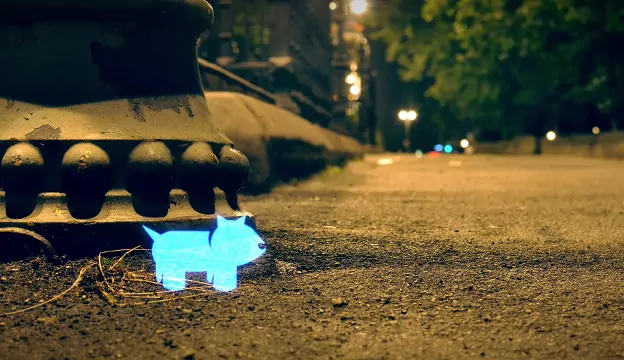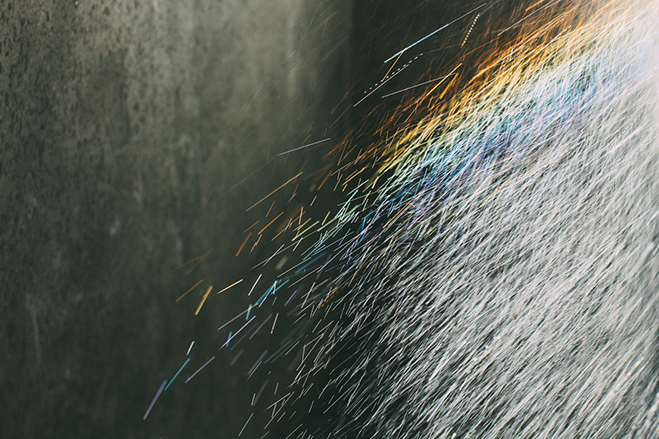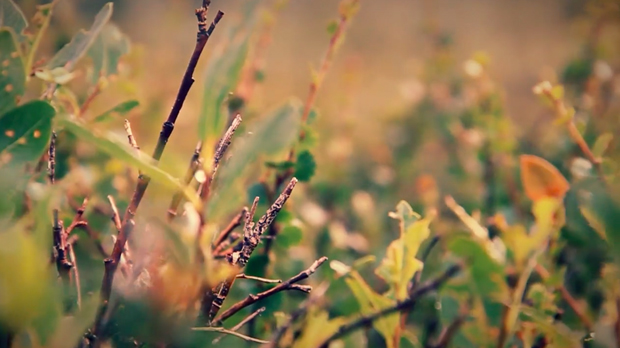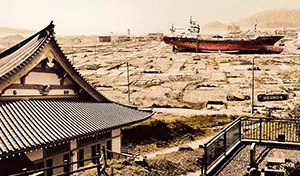
Souls of Zen – Buddhism, Ancestors, and the 2011 Tsunami in Japan
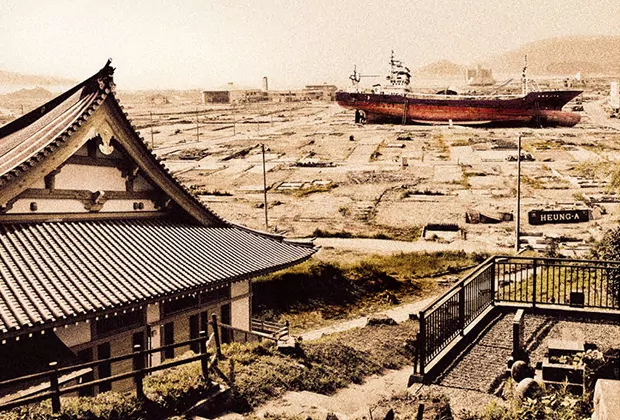
I’m not the sort to discuss movies that require payment, I tend to have a preference towards films that are free for all to view. No matter your background or financial situation we can all take something from the experience. But like everything in life, we do have to support these creatives and give them some compensation for all their hard work and time. In fact, I’m not against supporting these initiatives and often pay for works upfront, whether it be a craftsman or someone trying to embark on an interesting project. Websites like Kickstarter have been great for the creative industry, for example I recently helped fund Gary Hustwit’s “Helvetica, Objectified, Urbanized: The Complete Interviews” and Leslie Williamson’s “Handcrafted Modern Europe” book. When more pop-up I’ll be straight there to give what I can to the cause. If you’re going to talk the talk, you’ve got to walk the walk.
A month back I highlighted a documentary called “One Shot. One Life.” by Empty Mind Films, it’s a fantastic piece that introduced us to the art of Japanese Archery, also known as Kyudo. But it mainly served as an introduction to zen and the path of self discovery, in this case where the target is a mirror – a reflection of the self. With this running theme I watched a new documentary piece titled “Souls of Zen – Buddhism, Ancestors, and the 2011 Tsunami in Japan”. I thought it was inspiring and made me reflect upon my own life in many ways. It seems particularly relevant now that the end of year is approaching and some of us will be making a New Year’s resolution or two, maybe you’ll have some interesting thoughts when watching this video.
In the film we follow the journey of Tim Graf and Jakob Montrasio, who make their way from Tokyo to discover Soto Zen and Jodo Pure Land Buddhism. Although this film has a religious core, we also learn a lot about the earthquake that hit Japan on March 11, 2011, and what the response was from the temples and the surrounding communities. I personally enjoyed the outsiders view of the whole situation, starting from scratch and not assuming everyone knows about religion or the scale of the catastrophes in Japan. This means it’s approachable for anyone and can be watched by all. I also found that some of the phrases were very powerful, those such as “learning by doing” and “being present”. Hopefully you’ll trust me on this and will consider renting it on Vimeo for a small fee, either way watch the trailer below and see what you think. You’re sure to be humbled by the spirit of these practitioners and their ideology.

